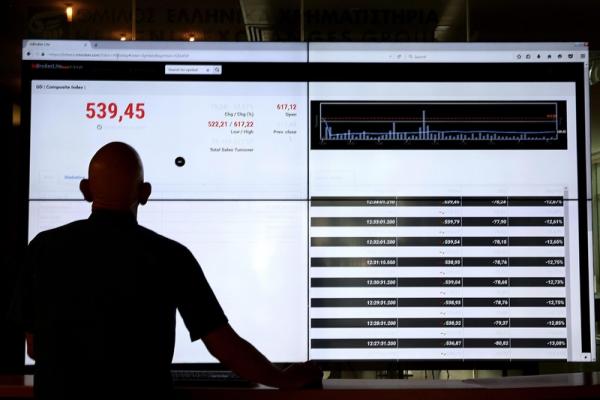This post was originally published on this site
https://i-invdn-com.akamaized.net/trkd-images/LYNXMPEH2H0J1_L.jpg
ZURICH (Reuters) – New lockdowns in Europe recently and the absence of tourism might make it difficult for Swatch Group (SIX:UHR) to get back to 2019 sales levels this year but the world’s biggest watchmaker maintains that target for now, its chief executive said on Thursday.
The owner of luxury brands including Omega, Tissot and Longines as well as its original Swatch watches made a net loss last year for the first time in decades, it reported in January, as sales fell 32% from 2019 due to shop closures during the pandemic and as smartwatches made inroads into the market.
Sales are picking up this year, and the group said in January that there was a good chance it would reach 2019 sales levels this year, but new lockdowns in Europe now pose risks.
“Our aim is (in 2021) to get as close as possible to 2019, but when I look at how in Germany or Italy they are closing and opening, I don’t know,” Nick Hayek told an online media briefing to discuss the group’s full-year results, released in January.
“Europe and Switzerland are impacting us, Switzerland is a big business with tourists, and as long as there are closures and tourism is not happening it will be more difficult of course to approach the 2019 numbers,” he said.
Europe accounted for 24% of the group’s sales last year, down from 28% in 2019.
Hayek, however, said consumers seemed willing to splash out on watches in markets where shops are open, like mainland China, Macau, Korea, Taiwan and Thailand. Asia accounted for 66% of group sales last year.
Peter Steiger, head of the company’s U.S. business, said he expected first-quarter sales in the United States to be 15% higher than in the same period in 2019, with the company pointing to catch-up demand in markets where shops had reopened. North and South America combined, however, generate just under 9% of group sales.
Swatch Group shares, up 16% so far this year, were down 0.5% at 1032 GMT.
The Swiss Watch Federation said on Thursday that the industry’s exports stabilised in February after falling 22% last year, helped by a rebound in the United States and China, while Europe and the entry-price segment remained weak.
($1 = 0.9243 Swiss francs)

